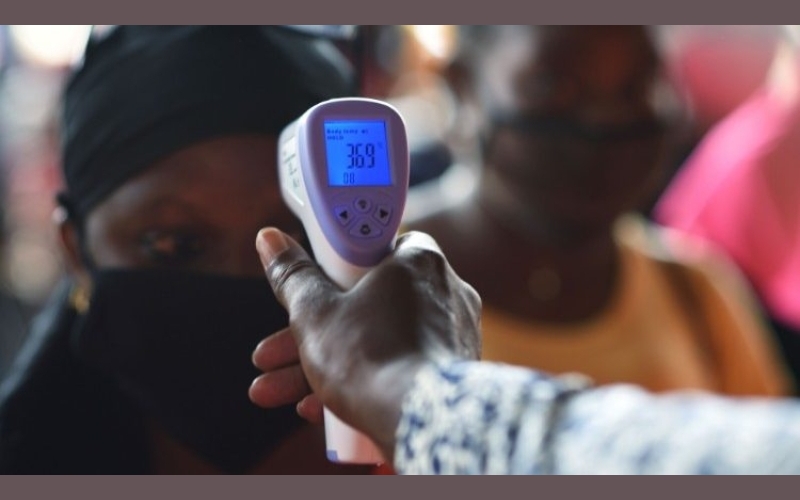
The World Health Organization has revealed that the number of animal-human disease outbreaks is on the rise in Africa.
WHO says that the continent registered a 63 percent increase in the number of zoonotic disease outbreaks in the period from 2012 to 2022 compared to 2001-2011. This was revealed on Thursday during a weekly virtual meeting organized by the WHO.
Figures from the WHO indicate that in the period 2001 to 2022 there were 1,843 substantiated public health events recorded in the WHO African region. 30 percent of these events were zoonotic disease outbreaks.
The continent recorded its highest spike of the disease in the period 2019-2020 where 50 percent were zoonotic diseases and led to 50 percent of all public health events, while Ebola Virus Disease and other viral hemorrhagic fevers led to nearly 70 percent of these outbreaks.
Dengue fever, anthrax, plague, and a range of other diseases make up 30 percent.
Currently, some countries are reporting cases of monkey pox disease. The latest data on monkey pox finds a significant increase in cases since April 2022, compared to the same period in 2021. The increase is mainly observed in the Democratic Republic of the Congo-DRC and Nigeria.
Ghana also recently reported a Marburg disease outbreak, while neighboring Tanzania is reporting a strange disease, suspected to be a hemorrhagic fever.
Epidemiologists attribute the current increase in zoonotic disease outbreaks to the high rate at which the population on the continent is increasing. Due to the population growth, humans are being forced to encroach on animal habitats such as forests which increases the likelihood of man interacting with infected animals which leads to infections, which are later carried to cities.
Dr Matshidiso Moeti, the WHO Regional Director for Africa says African countries need to work towards containing zoonotic diseases on the continent because their occurrence is on the rise.
“Infections originating in animals and then jumping to humans have been happening for centuries, but the risk of mass infections and deaths had been relatively limited in Africa. Poor transport infrastructure acted as a natural barrier. We must act now to contain zoonotic diseases before they can cause widespread infections and stop Africa from becoming a hotspot for emerging infectious diseases,” Dr Moeti said.
WHO recommends the use of a one-health approach where multiple sectors, disciplines, and communities work in collaboration to monitor and control the spread of diseases from animals to man. Countries are being encouraged to increase their research, to identify environmental, socioeconomic, and cultural factors that boost the emergence and transmission of epidemic-prone diseases, as well as to better understand the factors that affect the impact and spread of epidemics, including the immune status, nutrition, genetic and antimicrobial resistance.













